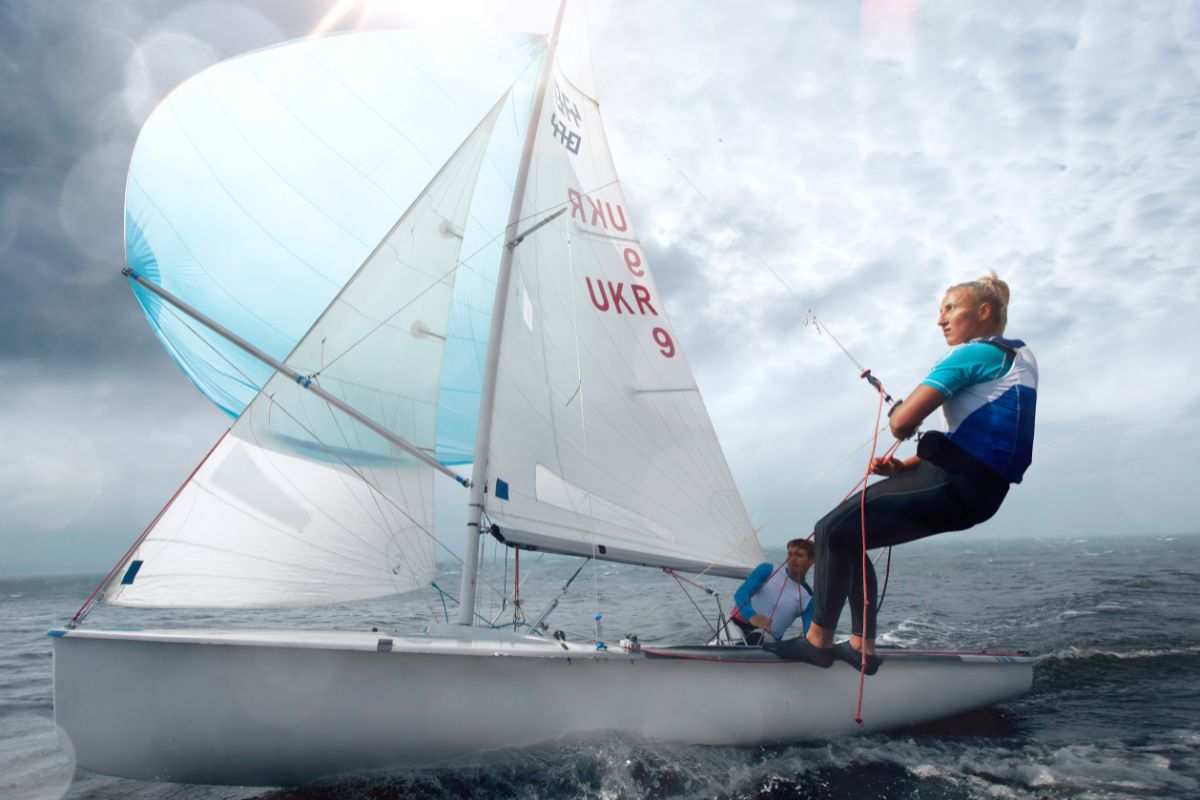Regatta, is one of the world’s most intense and captivating boat races. The adrenaline-pumping and quest to be the winner, here is one exciting sport that has been loved by many for centuries. And even though they are initially loved by the shakers and movers of society, it is now a game for everyone. What’s more? Regattas are cultural events not only racing. People may get to interact, explore, have fun and make lifelong memories here. While everyone should play regattas their lives, arranging may be difficult and tiring. We have thus compiled this thorough guide to clue you in on what regatta is all about and how to organise a great one.
First, What is Regatta?
A regatta is a competitive water-based sporting event that involves boat races. The racing can be rowed or sailed water craft, powerboat race or speed boats. It is a sporting event that has been around for centuries wherein sailors compete against each other. Apart from the rivalry, there are also various social or promotional events; the regatta generally names the town or site where the event takes place.
Henley Royal Regatta is one of the most often attended regattas held in River Thames, England. Another one with great distinction as the oldest continually running sports event in North America is the Royal St. John’s Regatta. With a rich legacy combined with the maritime past of the area, the festival has become a cherished custom drawing hundreds of people annually. The world’s largest and oldest regatta Cowes Week, takes place annually by the Royal Yacht Squadron in Cowes, England. There are also traditional boat races in India such as Vallam Kali of Kerala, India
How Does Regatta Work?
The specific format can vary widely based on the type of boats involved, but the general structure and rules remain consistent. While the game is organised for the championship, it is mostly played for the fun of it, bragging rite, and the promotion of the sport.
The Regatta Format
Course Layout:
The specific course depends on the type of regatta. Sailing regattas often utilize triangular or trapezoidal courses marked by buoys. Rowing regattas typically follow straight-line courses. Powerboat races are in circles with obstacles or jumps to cross.
Race Types:
- Fleet Race: All boats start at the same time, and the first to cross the finish line wins.
- Handicap Race: Boats are given different starting times based on their speed potential, in order to ensure fairness in the competition.
- Match Racing: Two boats race head-to-head, with the winner advancing to the next round.
- Scoring System: The scoring method varies based on the type of regatta and the number of races. Points are awarded based on finishing positions, with the boat with the lowest total points winning overall.
- Regatta Series: Many regattas are part of a larger series, with points accumulated over multiple events to determine the final champion of the game.
Factors Affecting Competition
Several factors influence the outcome of a regatta:
- Weather Conditions: weather conditions can affect navigation in various ways which means wind speed and direction are essential for sailing regattas.
- Boat Design and Technology: the design of the boats and advancement in technology play a role in the performance of the sailor and the outcome of the competition
- Crew Skill and Teamwork: the team needs to work as one in order to accomplish and win the game.
- Race Tactics: competitors should come up with strategic decisions such as choosing the optimal course or timing starts for a smooth game.
How to Organise a Successful Regatta?
Organizing a regatta can be challenging, which is why it requires meticulous planning and attention to detail.
- Form a Regatta Committee: assemble a team of individuals taking into consideration their unique skills and abilities. Think of people you will put in charge of transportation, logistics and accommodation. Who are the experienced sailors or racing officials who can be the judge to ensure fairness and transparency? How about the marketing team and PR? Put in place safety protocols and security to ensure optimum safety. For this, make it a community event where everyone will be on deck to put in their skills and expertise.
- Define the Regatta: determine the type of boat or regatta you are going for. You also need to choose the right location with adequate water space and facilities.
- Develop a Budget: determine your budget and estimate your expenses. From entry fees, and sponsorships, to venue rental, regatta games require a lot of money. You do not want to go over budget nor do you want to run out of bucks while planning for the events.
- Create a Race Course: Based on the type of boats and race format, create a safe and challenging course and use buoys or other markers to indicate the course boundaries. Moreover, communicate clearly to participants about the course, rules, and procedures.
- Plan for Participant Experience: to have an awesome experience, plans need to be put in place for easy registration, accommodation, amenities and other activities. For this, you will need to know the number of participants and even budget extra.
- Focus on Safety: develop a safety plan and ensure there is adequate safety equipment such as life jackets, rescue boats, and first aid supplies.
- Day-of-Event Logistics: set up the events area and assign tasks and responsibilities to people. Oversee all aspects of the event to ensure a smooth, you can also employ professionals to oversee the operation and ensure a successful outcome.
By following these steps and paying close attention to detail, you can successfully organize a memorable regatta that captivates participants and spectators alike.


